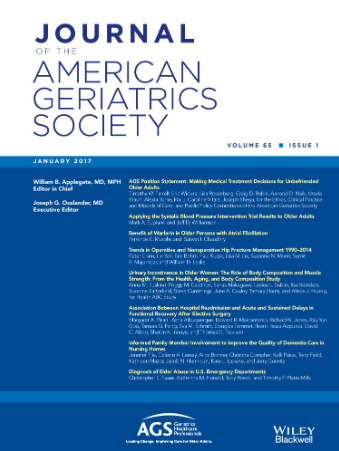Qualitative evaluation of the SHARING Choices trial of primary care advance care planning for adults with and without dementia
Abstract
Background
Primary care can be an important setting for communication and advance care planning (ACP), including for those with dementia and their families. The study objective was to explore experiences with a pragmatic trial of a communication and ACP intervention, SHARING Choices, in primary care for older adults with and without dementia.
Methods
We conducted qualitative interviews using tailored semi-structured guides with three groups: ACP facilitators who conducted the intervention; clinicians, managers, and administrators from sites randomized to the intervention; and patients and families who met with ACP facilitators. We used thematic analysis to identify and synthesize emergent themes based on key Consolidated Framework for Implementation Research concepts and Proctor's Implementation Outcomes, triangulating the three groups' perspectives.
Results
We identified five key themes. For acceptability, perceptions of the intervention were mostly positive, although some components were not generally implemented. For adoption, respondents perceived that ACP facilitators mainly focused on conducting ACP, although facilitators often did not implement the ADRD and family engagement aspects with the ACP. For relational connections, ACP facilitator—practice and clinician communication and engagement were key to how the intervention was implemented. For adaptability, ACP facilitators and health systems adapted how the ACP facilitation component was implemented to local preferences and over time, given the pragmatic nature of the trial. And, for sustainability, ACP facilitators and clinicians/managers/facilitators were positive that the intervention should be continued but noted barriers to its sustainability. Patients and families generally did not recall the intervention.
Conclusions
ACP facilitators and clinicians, managers, and administrators had positive perceptions of the ACP facilitator component of the intervention in this pragmatic trial with adaptation to local preferences. However, engaging those with dementia and families was more challenging in the implementation of this intervention.

 求助内容:
求助内容: 应助结果提醒方式:
应助结果提醒方式:


